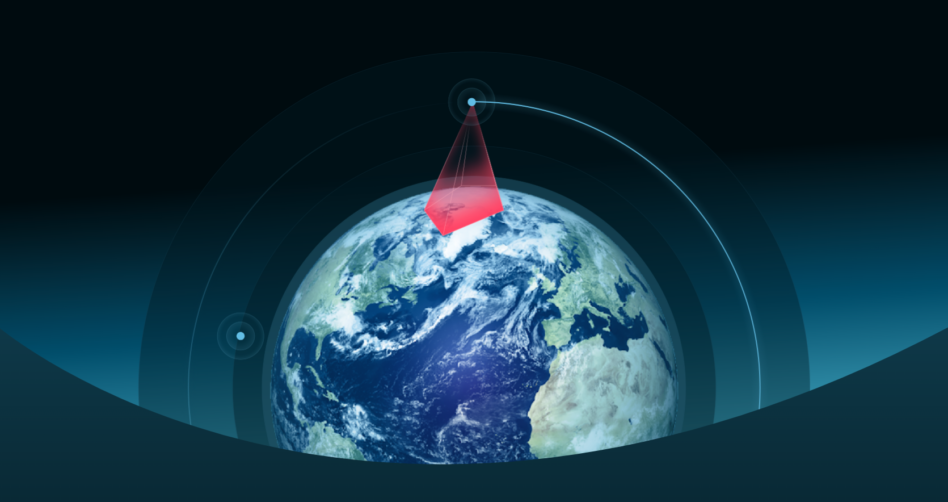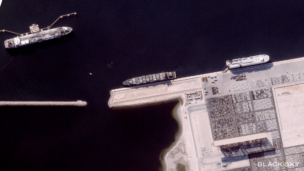Cognitive Space inked a pair of contracts with the Pentagon on Tuesday to automate and improve how quickly information can be shared in space.
A first
The SBIR Phase I contract with the Space Development Agency is the company’s “first engagement” with the Space Force office focused on quick development cycles and proliferated constellations, Cognitive Space founder and CEO Guy de Carufel said.
The Houston startup uses AI to quickly communicate with satellites. The USSF contract tasks Cognitive Space with developing algorithms and hardware to make sure SDA can quickly share information in orbit on missions, including missile detection and early warning data.
“SDA has been mostly focused on deploying experimental satellites to test payloads and laser communications…but more at the hardware level,” de Carufel said in an interview. “They have a long term vision to automate a lot of these systems [and] they see us as a way to get ahead of that.”
Cognitive Space is handling the machine-learning piece of the $275,000-contract, while its partner, Southwest Research Institute, will take the hardware lead.
A follow-on
Cognitive Space also received a $1.2M contract from the Air Force Research Lab to continue to develop its Cognitive Interference Tasking product, which will allow the military to autonomously task satellites and improve space situational awareness. This contract builds on a $1.5M award the company won in 2020 to begin developing the technology for the AFRL’s hybrid space architecture.
What’s next?
De Carufel said the non-dilutive DOD grants are further developing technology that’s directly applicable to the company’s commercial offerings as well.
“This effort with the Air Force is allowing us to see how we can help the market as whole connect different devices and different sensor types to really give you a full view from different dimensions of what’s going on,” he said.




